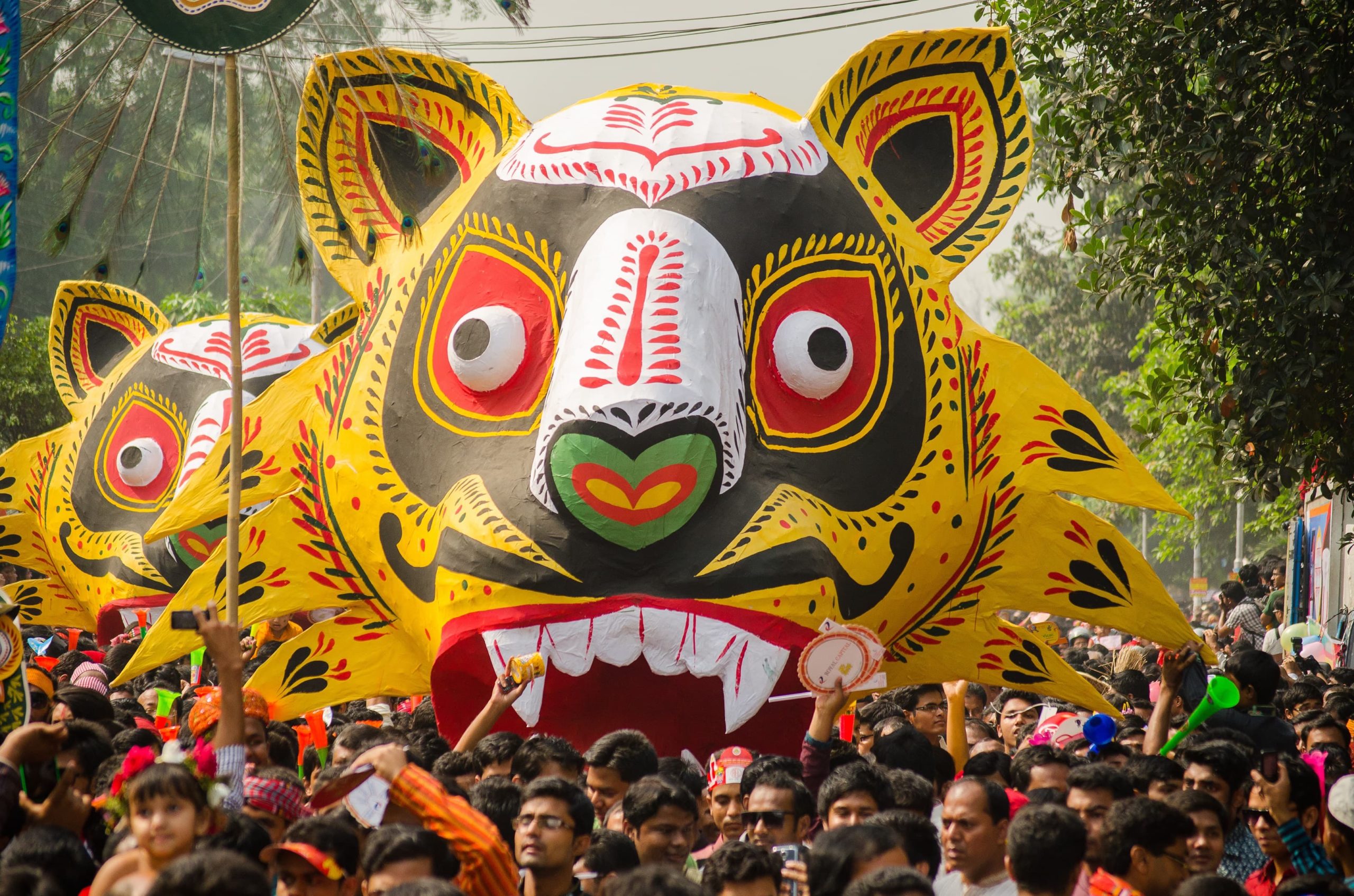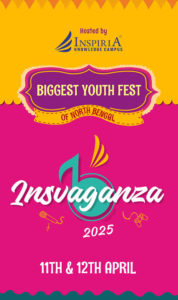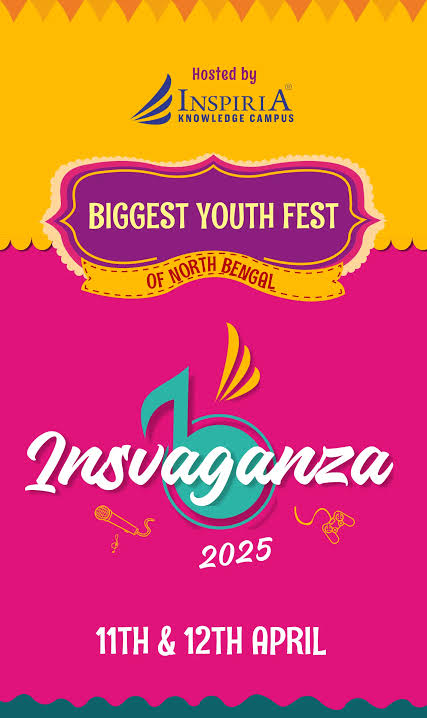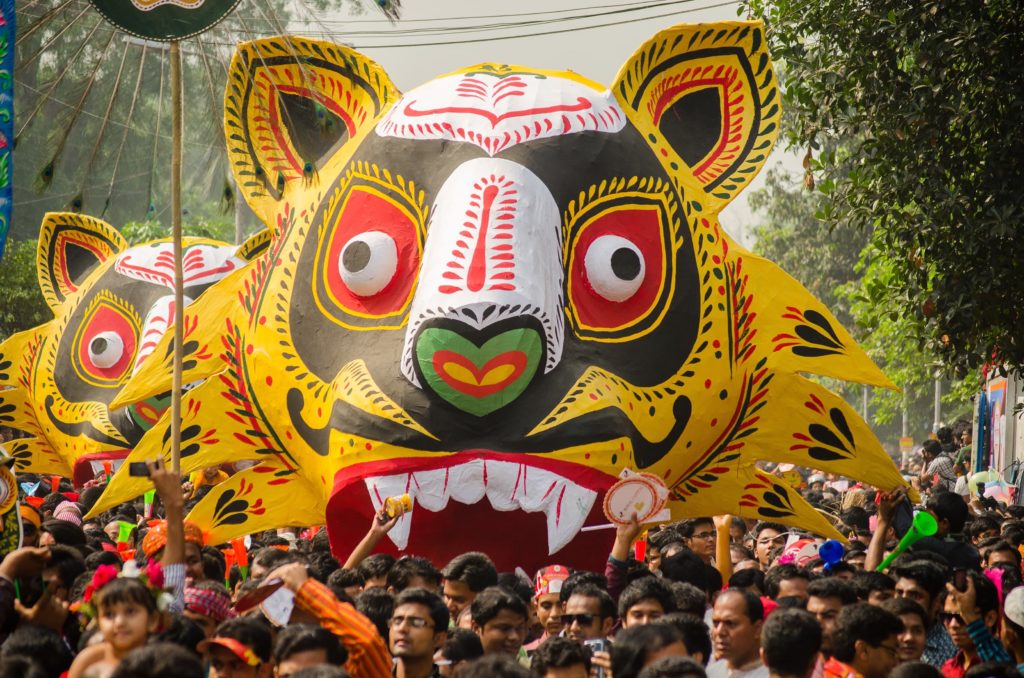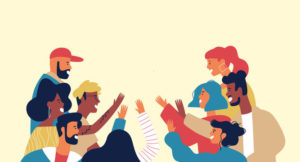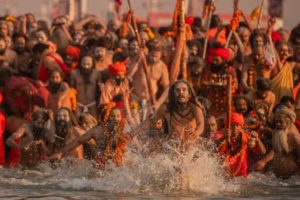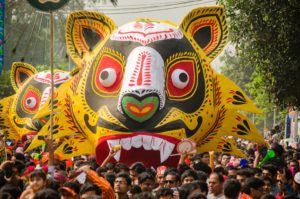Poila Boishakh is not just another day marked on the calendar—it is a vibrant celebration, a deeply rooted tradition, and a symbolic new beginning for every Bengali across the world. Celebrated as the first day of the Bengali calendar, this occasion usually falls in mid-April according to the Gregorian calendar. It ushers in not only a new financial year for traders but also a time of joy, cultural expression, and devotion for families and communities.
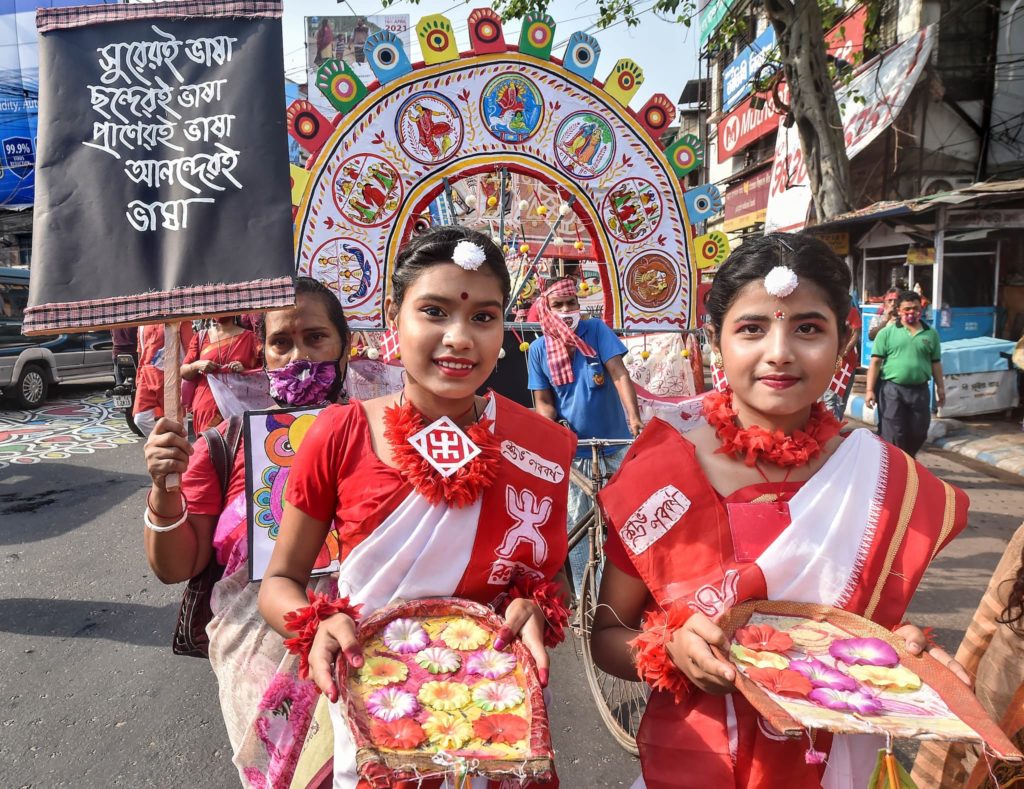
The day begins with the fresh scent of new clothes, traditional sweets like rosogolla, sandesh, and pati shapta, and the excitement of reconnecting with our heritage. Streets are alive with the buzz of festivities, shops sparkle with decorations, and homes are filled with laughter and rituals. It is a day that binds Bengalis together, reminding them of their roots and the values passed down through generations.
A Glimpse into History
The origin of Poila Boishakh dates back to the reign of Emperor Akbar in the Mughal era. During his rule, the idea of synchronizing the Islamic lunar calendar with the Bengali agricultural calendar led to the creation of the Bengali Calendar.This was primarily introduced for administrative and economic purposes, particularly to streamline the process of tax collection from farmers. On this day, peasants would clear their dues, and in celebration, traders would distribute sweets and open new account books, a practice that evolved into the age-old ritual known as Hal Khata.
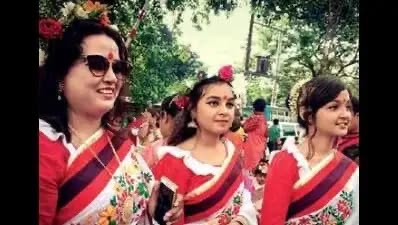
Hal Khata Tradition in present
Hal Khata is one of the most cherished customs of Poila Boishakh. On this day, shopkeepers and traders close their previous year’s account books and inaugurate new ones with puja ceremonies dedicated to Lord Ganesha and Goddess Lakshmi, invoking prosperity for the coming year. Customers are invited to the shops, offered sweets, and blessed with good wishes. It is a gesture of goodwill, loyalty, and a symbol of fresh beginnings in business.
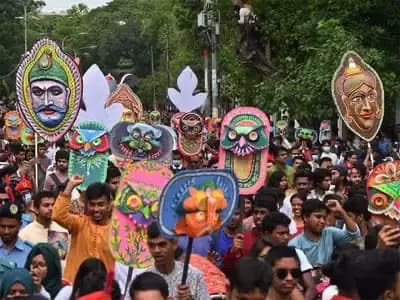
Celebrations Across Borders
While Poila Boishakh is primarily celebrated in West Bengal, Assam, Tripura, and parts of Odisha, it holds the status of a national festival in Bangladesh. There, the celebration takes on a grand, nationwide form, infused with music, dance, art, and color. One of the most iconic parts of the Bangladeshi celebration is the Mangal Shobhajatra—a vibrant and symbolic procession organized by the students and teachers of Dhaka University. Featuring colorful masks, traditional motifs, and representations of folklore, it signifies unity, peace, and the cultural heritage of Bengal.
Poila Boishakh in Siliguri:
A Fusion of Cultures
In Siliguri, where I belong, Poila Boishakh holds its own unique charm. Nestled in the foothills of the Himalayas, this town is a melting pot of various cultures, and Poila Boishakh becomes a celebration not just for Bengalis, but for the entire community.
Markets and shopping complexes offer special discounts and festive deals. Flower shops are adorned with fresh marigolds, roses, and lotus flowers. Streets are beautifully decorated with colorful alpana (rangoli), and temples see long queues of devotees seeking blessings for peace and prosperity.
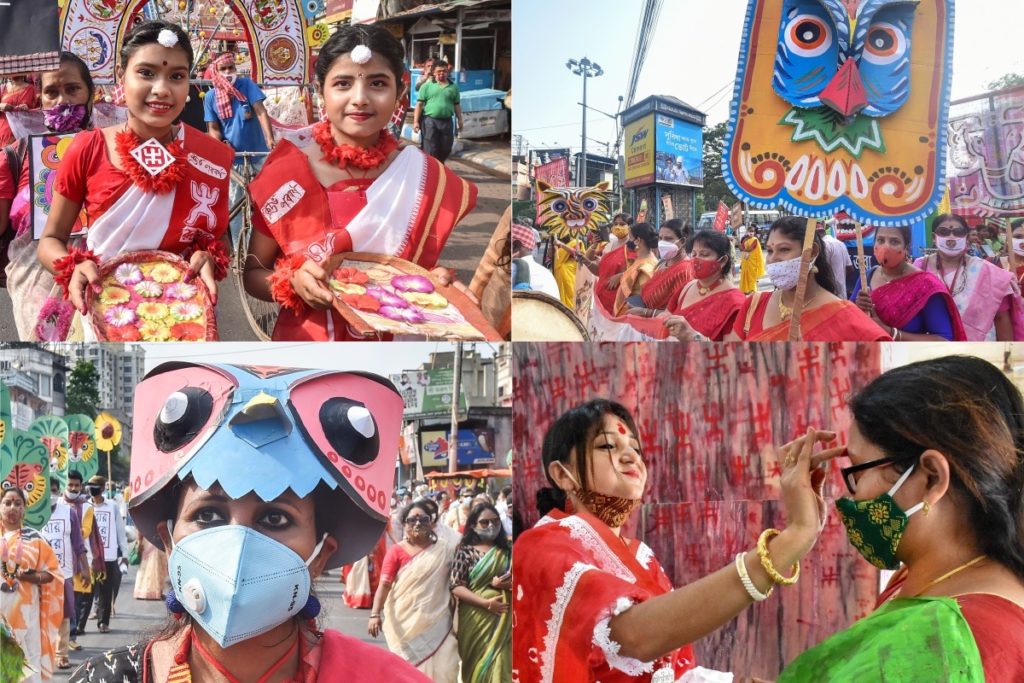
Schools and colleges organize cultural programs and competitions. Collages and community halls host folk dances, plays, and musical performances showcasing the diversity of Bengali art and culture. Folk rallies are organized, where participants dress in traditional clothing and parade through the streets with banners, drums, and colorful masks, portraying the vibrant essence of Bengali heritage.
Bijay Das, a trader from Hawkar’s Corner, reflects this sentiment:
“I do not believe in religious division. I have been buying ‘haal khata’ from this shop for the past 15 years. We will start the new year of our business after anointing the ‘haal khata’ and offering it to God, praying for good business prospects.”
Similarly, Md. Wasim, another trader, emphasizes the unity in tradition:
“We do not believe in any religious barriers while making these ‘haal khatas’. This is the business of our ancestors, and we have continued it.”
The streets of Siliguri are adorned with colorful decorations, and markets buzz with activity. Cultural programs featuring traditional music and dance performances are organized, reflecting the city’s rich artistic heritage. Events like Baul singing sessions and Antakshari competitions draw large crowds, fostering a sense of community and shared joy.
Families visit temples to offer prayers, seeking blessings for health and prosperity. The aroma of festive delicacies wafts through the air as households prepare special dishes to mark the occasion. The communal harmony is palpable, with people from various backgrounds coming together to celebrate the essence of Poila Boishakh.
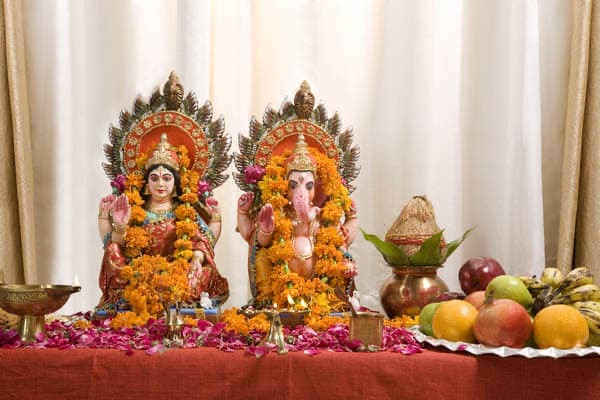
Personal Reflections
For many, Poila Boishakh is a time of nostalgia and cherished memories. The tradition of wearing new clothes, participating in community fairs, and indulging in festive foods evokes a deep sense of belonging and joy.
As one individual reminisces:
“Poila Boishakh is special to me because of the nostalgia associated with it.whole family coming together celebrating and the scent if new new clothes home made food etc. The whole Bengali community becomes alive with the fragrance of new dresses, fairs, cultural extravaganza, and much more.”
So As we welcome another year, let us carry forward the spirit of Poila Boishakh by honoring our traditions, celebrating our shared humanity, and stepping into the future with hope and unity.
Shubho Noboborsho to all!
